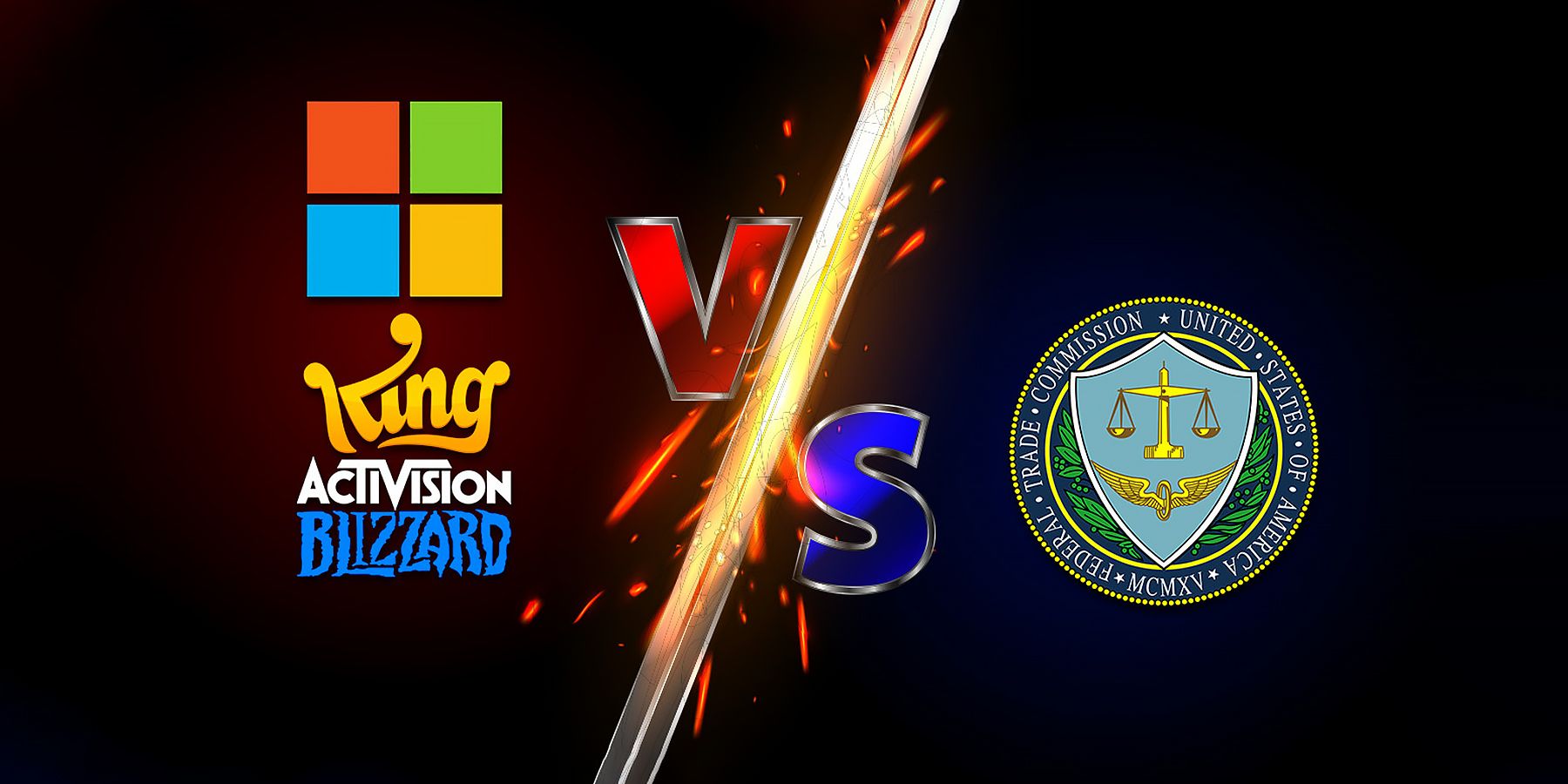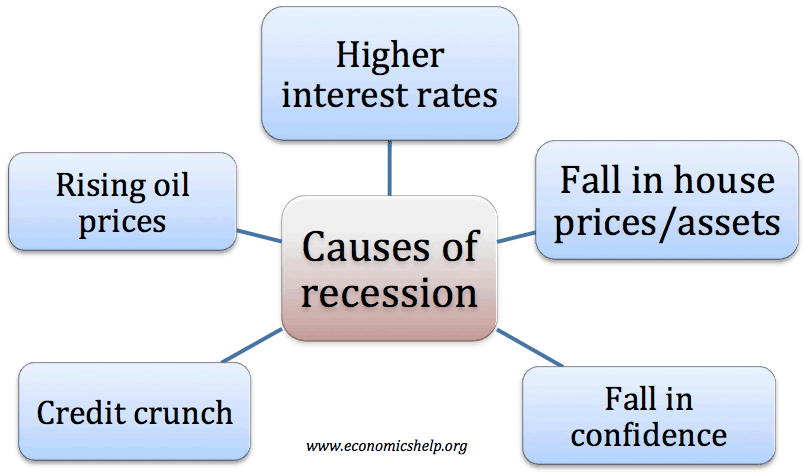FTC To Challenge Activision Blizzard Acquisition Approval

The FTC's Case Against the Activision Blizzard Acquisition
The FTC's antitrust lawsuit against the Activision Blizzard acquisition centers on concerns about market monopolization and competitive harm. The complaint alleges that the merger would substantially lessen competition in the video game market, harming consumers. Their arguments are multifaceted and target various sectors of the gaming industry.
-
Market Domination Concerns: The FTC argues that Microsoft's acquisition would give it undue control over key gaming markets, including the console market (Xbox), the PC gaming market, and the rapidly growing mobile gaming market. This concentrated power, they claim, could lead to anti-competitive practices.
-
Exclusive Content and Stifling Competition: A central concern is Microsoft's potential to make popular Activision Blizzard titles, such as Call of Duty, exclusive to its Xbox console and its subscription service, Xbox Game Pass. This, the FTC argues, would harm competitors like Sony PlayStation, Nintendo, and other PC gaming platforms by limiting access to highly successful and sought-after games. This exclusivity could also impact the pricing and innovation within the gaming industry.
-
Pricing and Innovation Impact: The FTC believes that reduced competition could lead to higher prices for games and hinder innovation. Without the competitive pressure of multiple platforms vying for gamers' attention, Microsoft might be less incentivized to innovate and improve its offerings.
-
Call of Duty's Central Role: Call of Duty's immense popularity and market share are key factors in the FTC's case. The agency argues that making Call of Duty exclusive would significantly damage competitors and fundamentally alter the competitive landscape of the gaming industry.
-
Legal Grounds: The FTC’s challenge is based on Section 7 of the Clayton Antitrust Act, which prohibits mergers and acquisitions that may substantially lessen competition or tend to create a monopoly.
Microsoft's Response and Defense Strategies
Microsoft has vigorously defended its acquisition, arguing that it will benefit gamers and the gaming industry as a whole. Their defense strategy employs several key points:
-
Maintaining Multi-Platform Availability: Microsoft has publicly pledged to maintain Call of Duty's availability on PlayStation and other platforms for at least the next 10 years. This commitment aims to address the FTC’s concerns about exclusivity and its potential to harm competitors.
-
Benefits for Gamers: Microsoft highlights the potential benefits for gamers, such as increased access to a wider library of games through Xbox Game Pass, and potential advancements in cloud gaming technology.
-
Cloud Gaming Strategy: Microsoft emphasizes its investments in cloud gaming, arguing that its acquisition of Activision Blizzard will accelerate innovation in this rapidly growing sector, ultimately benefiting consumers. They argue that this innovation benefits the whole market, not just Microsoft.
-
Lobbying and Public Relations: Microsoft has engaged in extensive lobbying efforts and public relations campaigns to counter the FTC's narrative and garner support for the acquisition. They aim to present the deal as beneficial to competition.
Potential Implications for the Gaming Industry
The outcome of the FTC's challenge will have far-reaching implications for the gaming industry:
-
Future Mergers and Acquisitions: A successful FTC challenge could set a significant precedent, potentially chilling future mergers and acquisitions in the gaming industry, increasing regulatory scrutiny.
-
Consequences for Gamers: If the acquisition is blocked, gamers might miss out on potential benefits like expanded game libraries and advancements in cloud gaming technology. Alternatively, the continued multi-platform availability of Call of Duty and other titles might be impacted.
-
Impact on Game Pricing and Availability: The level of competition directly impacts game pricing and availability. Reduced competition could lead to higher prices and limited choice for consumers.
-
Long-Term Effects on Innovation: The competitive gaming market fosters innovation. Less competition could potentially stifle innovation, resulting in fewer new game releases and less technological advancement.
-
Impact on Smaller Developers: The outcome will influence the overall market dynamics, affecting smaller game developers and studios vying for market share.
The Role of Call of Duty in the Debate
Call of Duty's role in this antitrust battle cannot be overstated. It's a central point of contention.
-
Exclusivity Concerns: The potential for Call of Duty to become an Xbox exclusive is a major driver of the FTC's concerns. This move could significantly shift the market share and player base.
-
Impact on PlayStation and other platforms: Losing Call of Duty would be a substantial blow to PlayStation and other competitors, potentially impacting their ability to compete effectively in the gaming market.
-
Economic Importance: The sheer economic power and market dominance of the Call of Duty franchise are key factors driving the FTC's investigation and concerns over anti-competitive behavior.
Conclusion
The FTC's challenge to the Activision Blizzard acquisition is a pivotal moment for the gaming industry, raising significant questions about competition and the future of gaming. The outcome will have far-reaching consequences for gamers, developers, and the overall market landscape. The debate highlights the complexities of antitrust law in a rapidly evolving digital market. The potential ramifications for the entire gaming landscape, from pricing to innovation, are substantial. This case sets a precedent for future mergers and acquisitions in the tech industry.
Call to Action: Stay informed about the FTC's ongoing challenge to the Activision Blizzard acquisition. Follow the developments in this crucial antitrust case and its implications for the future of the gaming market. Learn more about the arguments for and against the merger and contribute to the discussion on the Activision Blizzard acquisition. Understanding the intricacies of this case is crucial for anyone interested in the future of the gaming industry and the broader implications of antitrust law in the digital age.

 Analyzing Ubers Recession Resistance Factors Contributing To Its Strength
Analyzing Ubers Recession Resistance Factors Contributing To Its Strength
 The Trials Ending Unraveling Teahs Role And Family Secrets
The Trials Ending Unraveling Teahs Role And Family Secrets
 Ukraine Under Siege Russias Biggest Drone Attack Yet
Ukraine Under Siege Russias Biggest Drone Attack Yet
 Mosque Attacks In Iran Result In Triple Death Sentences
Mosque Attacks In Iran Result In Triple Death Sentences
 Mensik En Miami Influyo El Almuerzo Del Supervisor En Su Suerte
Mensik En Miami Influyo El Almuerzo Del Supervisor En Su Suerte
